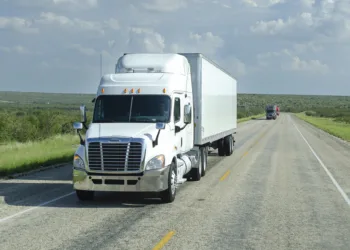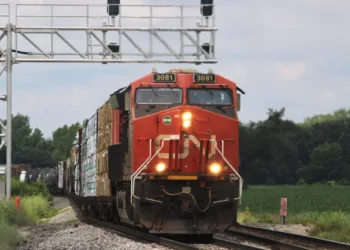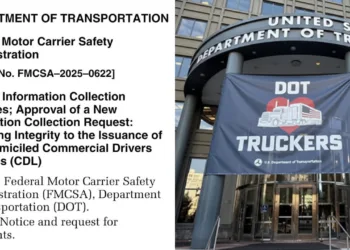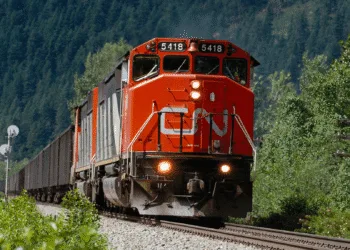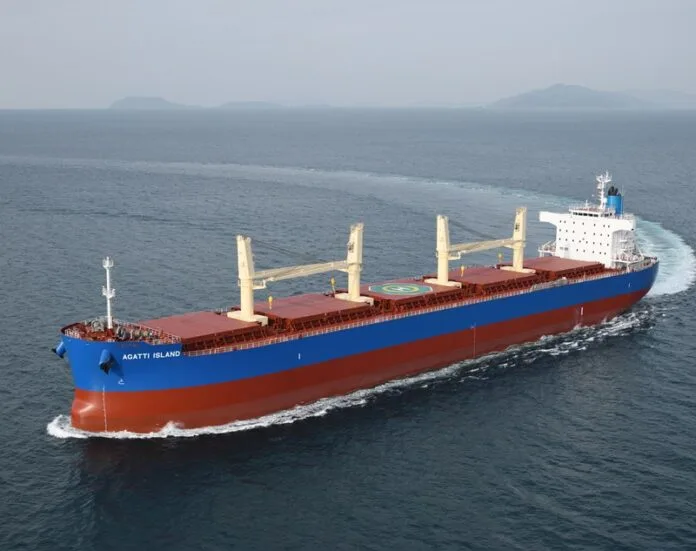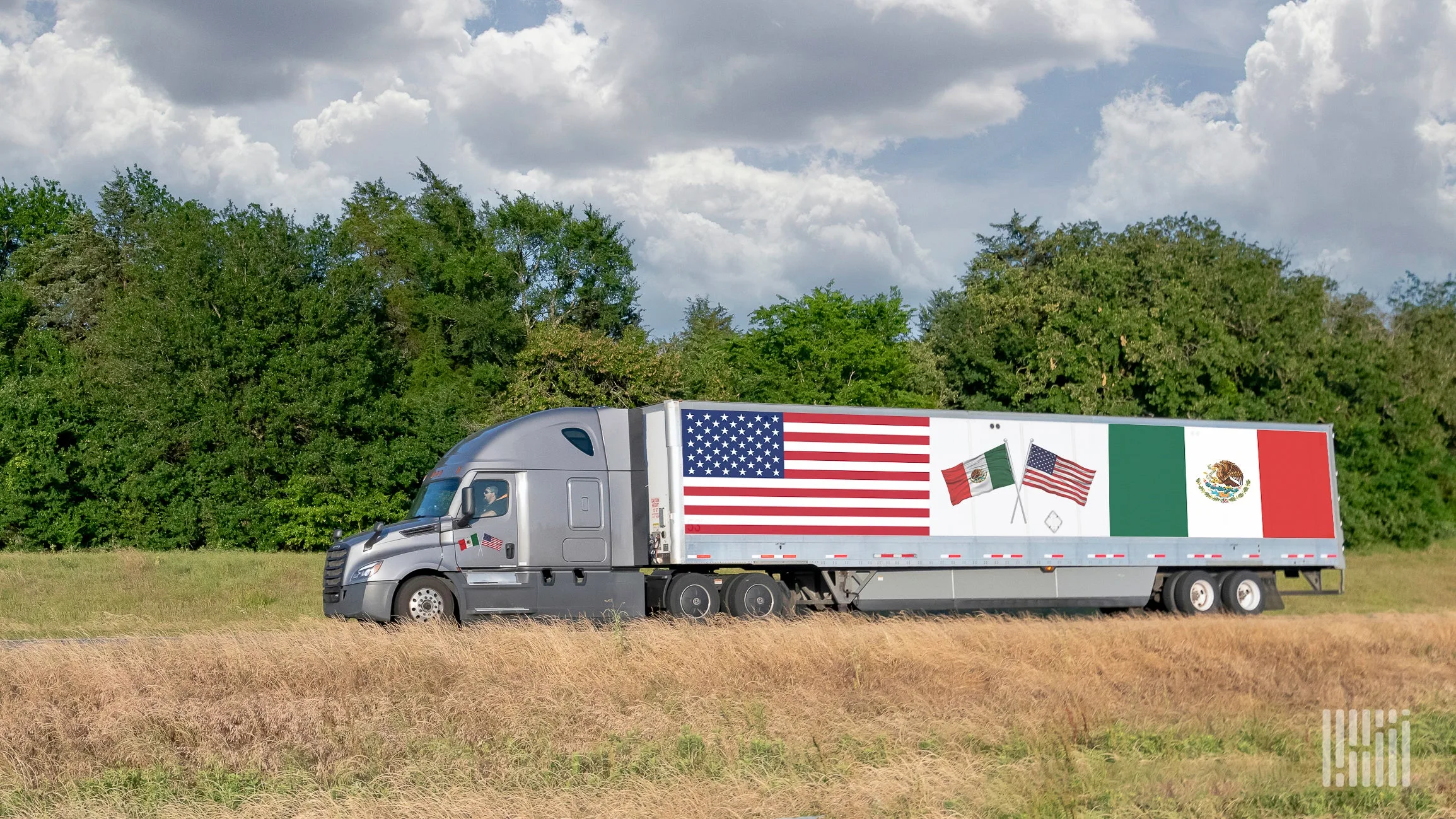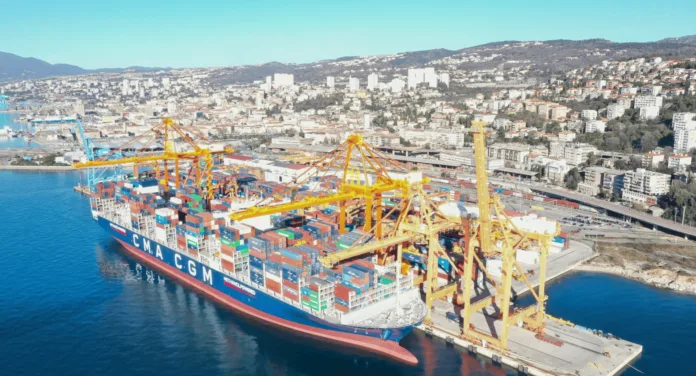In an increasingly globalized world, the need for efficient, cost-effective, and sustainable transportation has never been greater. As businesses strive to optimize their supply chains, intermodal transportation solutions have emerged as a key strategy for moving goods seamlessly across various modes of transport. This method leverages the strengths of different transportation modes—such as rail, truck, and sea—to deliver goods in a manner that maximizes efficiency while minimizing costs and environmental impact.
What are Intermodal Transportation Solutions?
Intermodal transportation solutions involve the use of more than one mode of transport to move goods from origin to destination. Unlike traditional logistics methods, where cargo is loaded and unloaded multiple times, intermodal transport uses standardized containers that are transferred between different modes without handling the actual cargo inside. This reduces the risk of damage, decreases handling costs, and enhances overall efficiency.
For example, a typical intermodal route might begin with goods being loaded into a container at a factory, transported by truck to a rail terminal, then moved by train to a port, and finally shipped overseas. This seamless integration of transport modes allows companies to take advantage of the strengths of each mode—such as the speed of trucking, the cost-efficiency of rail, and the global reach of maritime shipping.
Benefits of Intermodal Transportation Solutions
Cost Efficiency: One of the primary advantages of intermodal transportation solutions is cost savings. Rail transport, for instance, can be up to four times more fuel-efficient than trucking, reducing fuel costs and emissions. By combining rail with trucking, businesses can reduce transportation costs without compromising delivery times.
- Environmental Sustainability: Intermodal transportation solutions are not only cost-effective but also environmentally friendly. By utilizing rail and sea transport, companies can significantly reduce their carbon footprint. Rail, in particular, produces far fewer greenhouse gas emissions compared to road transport, making it an excellent choice for businesses committed to sustainability.
- Improved Reliability and Security: With intermodal transportation, cargo is less likely to be lost or damaged. Containers are securely locked and transferred between modes without being opened, minimizing the risk of theft and damage. This level of security and reliability is especially valuable for high-value or sensitive goods.
- Flexibility and Scalability: Intermodal transportation solutions offer the flexibility to adapt to varying shipment sizes and routes. Companies can scale their logistics operations up or down depending on demand, making it easier to manage fluctuations in business activity. This flexibility is crucial for industries with seasonal or unpredictable demand patterns.
- Enhanced Speed and Efficiency: While it may seem counterintuitive, intermodal transport can sometimes be faster than single-mode transport. For long-distance shipments, combining rail and trucking can avoid traffic congestion and reduce delays. Additionally, modern intermodal systems are supported by advanced tracking and logistics technology, enabling real-time monitoring and optimization of routes.
How Intermodal Transportation Solutions Support Global Trade
The rise of global trade has put pressure on logistics companies to find more efficient ways to move goods across countries and continents. Intermodal transportation solutions play a crucial role in meeting this demand by providing a reliable and scalable means of transporting goods over long distances.
For instance, a business shipping products from China to the United States can use intermodal transport to streamline its supply chain. Goods are first transported by rail from inland China to a coastal port, then shipped by sea to a U.S. port, and finally moved by truck to the final destination. This coordinated use of multiple transport modes reduces transit times and costs, allowing businesses to remain competitive in the global market.
The Role of Technology in Intermodal Transportation
Technology is a driving force behind the growth and optimization of intermodal transportation solutions. Advanced logistics platforms and tracking systems provide real-time visibility into the location and status of shipments, enabling companies to make informed decisions and respond quickly to any disruptions. Technology in logistics is evolving at breakneck speed, making it essential for businesses to keep pace with emerging trends. For example, GPS tracking and RFID technology allow companies to monitor the precise location of containers, reducing the risk of delays and improving customer satisfaction. Automated scheduling and routing software can also optimize transport routes, ensuring that shipments arrive on time and at the lowest possible cost.
Moreover, technology facilitates better communication and coordination between the various stakeholders involved in intermodal transport, including shippers, carriers, and port operators. This level of integration is essential for maintaining the efficiency and reliability of intermodal networks.
Challenges of Intermodal Transportation Solutions
While intermodal transportation solutions offer numerous benefits, they are not without challenges. One of the main issues is the complexity of coordinating multiple transport modes and stakeholders. Ensuring that each link in the intermodal chain operates smoothly requires careful planning and communication.
Additionally, infrastructure limitations can pose challenges for intermodal transport. For example, not all regions have well-developed rail or port facilities, which can limit the effectiveness of intermodal solutions. In such cases, companies may need to invest in infrastructure development or partner with local providers to overcome these barriers.
Regulatory issues can also affect intermodal transportation. Different countries have varying regulations regarding the movement of goods, particularly for international shipments. Navigating these regulations requires expertise and can add complexity to the logistics process.
The Future of Intermodal Transportation Solutions
The future of intermodal transportation looks promising as technological advancements and global trade continue to drive demand for efficient and sustainable logistics solutions. Innovations such as autonomous vehicles, drone deliveries, and digital freight platforms are expected to further enhance the efficiency and flexibility of intermodal transport.
For example, the use of autonomous trucks for the first and last mile of intermodal transport could reduce labor costs and improve delivery times. Similarly, digital freight platforms that connect shippers with carriers in real-time can streamline the booking process and reduce empty miles, further enhancing the cost-effectiveness of intermodal solutions. Companies offering transportation engineering services play a crucial role in developing these advanced systems, particularly in regions like Orlando and Jacksonville, where infrastructure is rapidly evolving to support the growth of intermodal logistics.
Moreover, as environmental regulations become stricter, the demand for sustainable logistics solutions will likely grow. Intermodal transportation solutions, with their ability to reduce emissions and fuel consumption, will play a critical role in helping companies meet these requirements and achieve their sustainability goals.
Conclusion
In conclusion, intermodal transportation solutions are transforming the logistics industry by offering a cost-effective, reliable, and sustainable way to move goods. By leveraging the strengths of different transport modes, businesses can optimize their supply chains, reduce costs, and improve their environmental footprint. As technology continues to advance and global trade evolves, intermodal transport is poised to play an even more significant role in the future of logistics. For companies looking to stay competitive in a rapidly changing market, investing in intermodal transportation solutions is not just an option—it’s a necessity.




